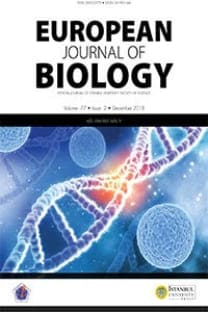PATHOBIOLOGY OF PROSTATE CANCER:Voltage-gated sodium channel expression and metastatic potential
Prostate cancer (PCa) remains the most frequently diagnosed cancer and the second most common cause of death from malignancy in men in the Western world. Despite this, conceptual advances in the understanding of its pathobiology have remained elusive for over half a century. As with all cancers, it is metastasis (i.e. secondary cancer formation) and its consequences that present the most significant biomedical and clinical challenges to the host, carers and healthcare payors, as well as the researchers. Pre-metastatic or metastataic PCa is frequently treated by hormone-based therapies aiming at androgen-down-regulation. However, this classic method is only effective for a limited time and new approaches are necessary (a) to improve the understanding of the pathobiology of PCa and (b) to develop new therapies for it, as well as improving the existing ones. In this article, we present an overview of the pathobiology of PCa and evaluate the evidence for the role of functional voltage-gated sodium channel (VGSC) expression in disease progression. We also discuss the possibility that VGSC blockers could be effective as novel anti-PCa drugs for clinical management of the metastatic phenotype.
Keywords:
PATHOBIOLOGY, PROSTATE, CANCER:Voltage,
- ISSN: 2602-2575
- Yayın Aralığı: Yılda 2 Sayı
- Başlangıç: 1940
- Yayıncı: İstanbul Üniversitesi Yayınevi
